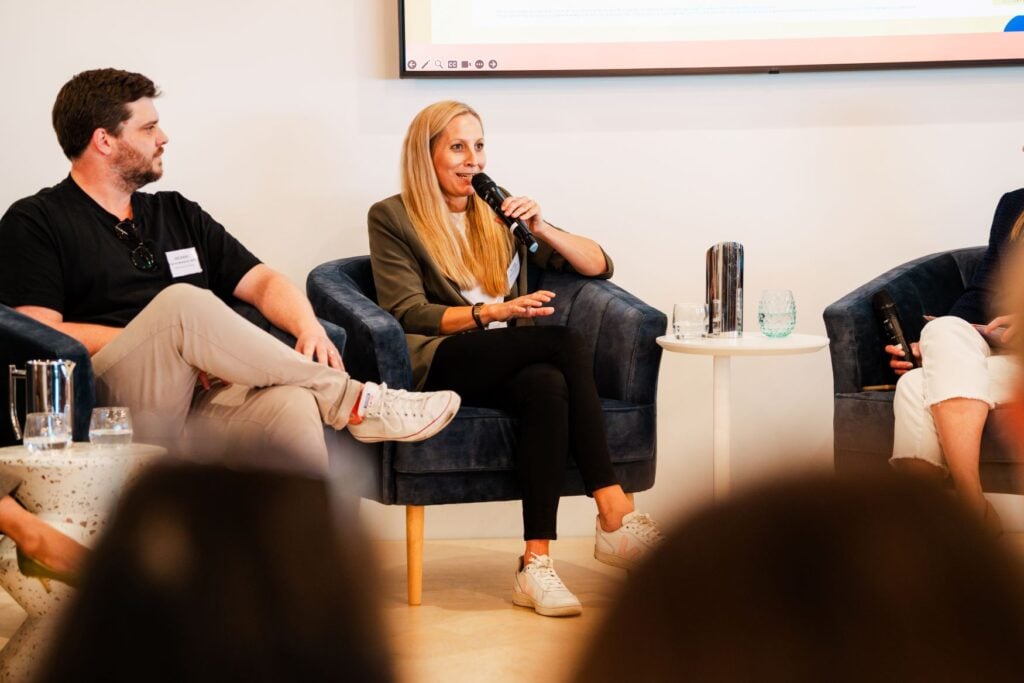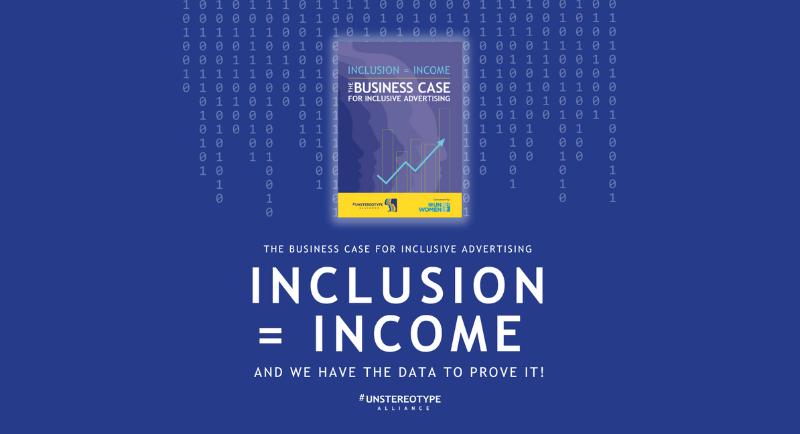Unstereotype Alliance Australia, convened by UN Women, found that 52% of disabled Australians do not feel positively portrayed in advertising and media content.
This finding, along with many more, will be further explored as part of Bus Stop Film’s Driving Change Disability Employment Summit taking place on Monday 18 and Tuesday 19 November at Bondi Pavilion.
Unstereotype Alliance Australia members will be joined by industry experts on their Disability in Advertising panel. Research instigated by champions and members Unilever, Mars Wrigley, IPG, Coles, WPP and Ipsosexploring how Australians feel about their social equity and representation in advertising will be unpacked as part of the panel.
Unstereotype Alliance projects such as the much-anticipated Inclusion = Income: The Business Case for Inclusive Advertising research and cornerstone tools such as the 3Ps Toolkit and the recently launched Inclusive Media Playbook will also be explored.
The panel will be moderated by disability advocate Lisa Cox, and include disabled actors Sara Shams and Rae Pastuszak, Shift 20 Initiative Lead (Dylan Alcott Foundation), Priya Addams Williams, as well as Unstereotype Alliance members representing IPG and WPP – chief strategy and growth officer UM Australia, Raj Gupta, and Innovation Lead Mindshare, Sam Turley.

Sam Turley
It forms part of Unstereotype Alliance Australia’s ‘Conversations for Change,’ a series aimed at inspiring the industry and driving positive change, and one of several projects aiming to bring the groups’ strategic priority to life.
“We are tremendously proud of this foundational research which is designed to be a tool for change and will be leveraged well into 2025 as part of various projects from Unstereotype Alliance Australia,” Anathea Ruys, CEO of UM Australia, said.
“We are honoured to be discussing some of the findings at Bus Stop Film’s Driving Change Disability Employment Summit.”
Lorna Ash, head of Homecare ANZ, Unilever, added: “The research highlights how widespread stereotyping remains in Australia media and advertising. As marketers, we have a responsibility not only to represent Australia’s rich diversity but also to actively challenge stereotypes in our messaging and content. We aim to raise awareness and take action to move the industry forward.”
Alex Piercy, national marketing manager – Loyalty, Coles, said: “Eliminating stereotypes in advertising and media starts with brands authentically representing the diverse audiences they aim to connect with at every stage. We hope our research and industry discussions such as this one will encourage agencies and marketers to embrace a more inclusive approach, from the initial creative brief all the way to media investments, ensuring that diversity and inclusivity are foundational, not optional.”
Mars Wrigley, portfolio director, Michelle Gazzola added: “The film and advertising industry holds immense power to shape public perceptions, including when it comes to influencing social outcomes for people with disabilities. We’re excited for this research to be tabled at this event via a panel of industry experts who share a commitment to enhancing representation in the disability space and beyond.”
See also: Unstereotype Alliance to drive representation at inaugural disability employment summit
